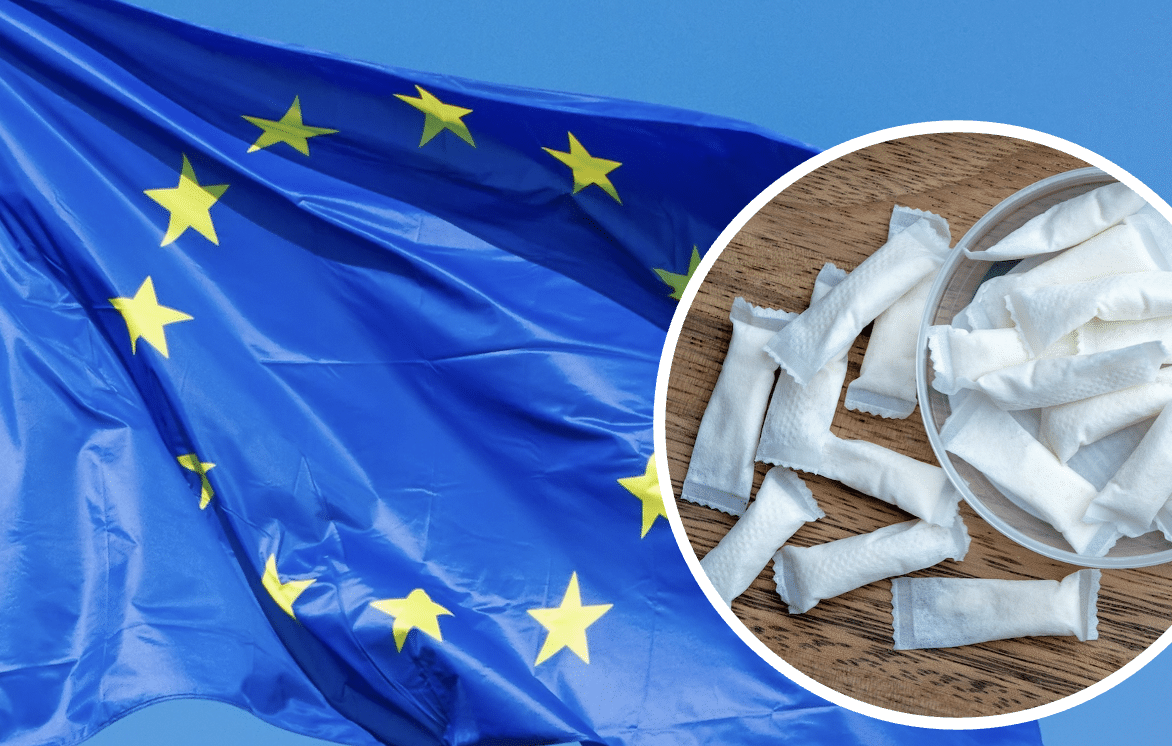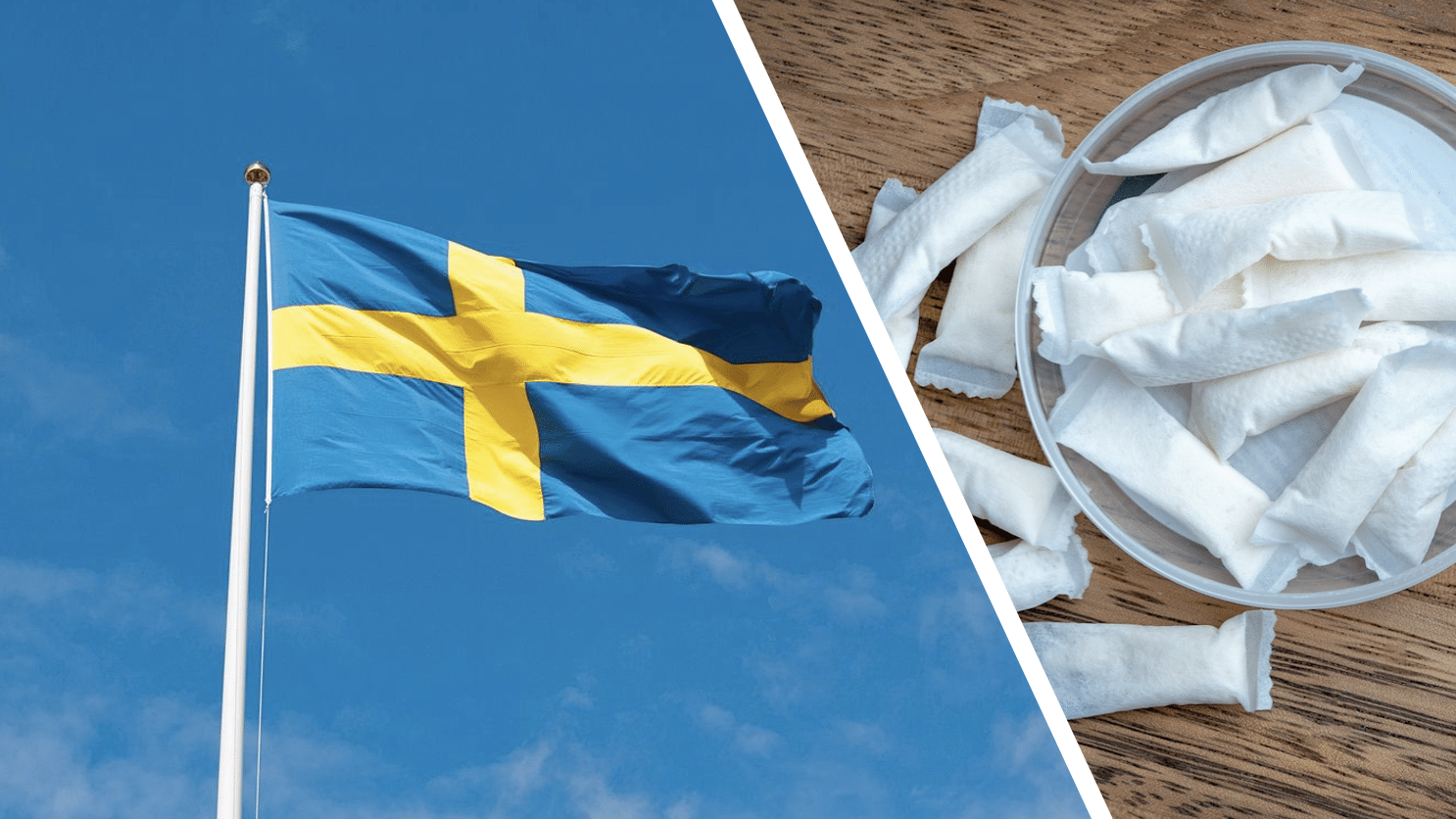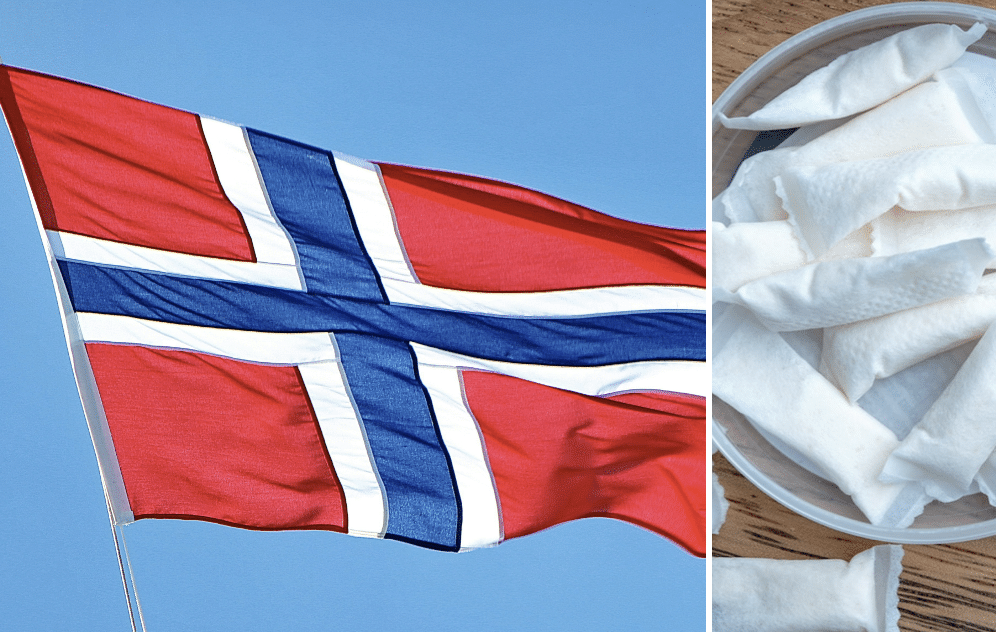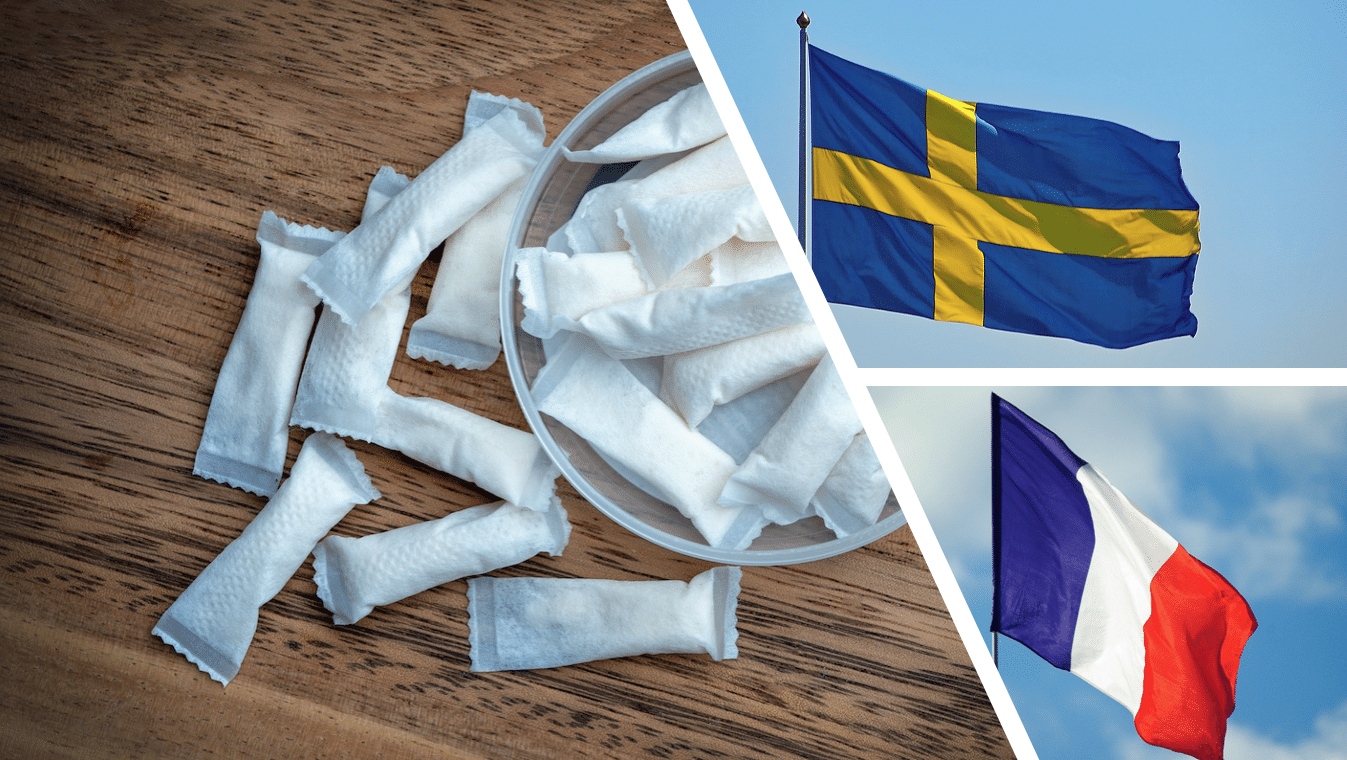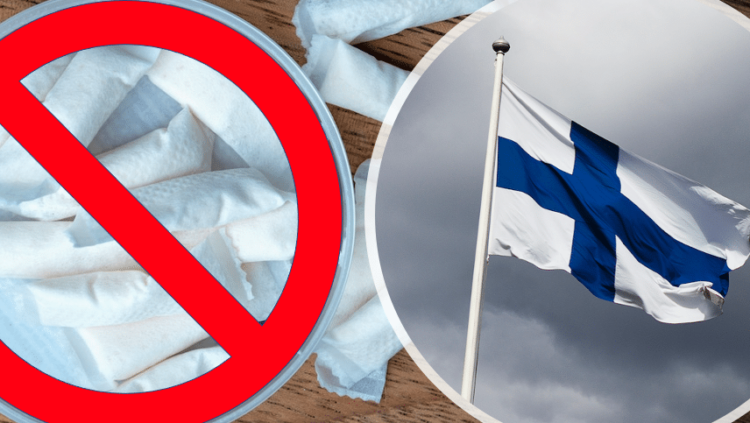
Finland stoops to regulatory ‘nonsense’ in bid to ban nicotine pouches
Finland’s pharmaceutical regulator recently declared it would cease regulating nicotine pouches, spurring a contentious, possibly legally questionable scramble to reassert the nation’s tacit ban on the product.
It’s the latest twist in a long-running “moral crusade” against the nicotine products that have the potential to cut down smoking rates and enhance public health.”
“The situation in Finland is pure nonsense,” says Patrik Strömer, Secretary General of the Association of Swedish Snus Manufacturers.
In January, a health ministry working group submitted proposed revisions to Finland’s Tobacco Act meant to “end the use of tobacco and nicotine products in Finland by 2030″.
Among other things, the working group put forth proposals covering taxation, youth prevention, smoke-free environments, marketing restrictions, and stronger regulations for new nicotine products.
Import ban proposal fuels black market fears
Finland’s existing tobacco regulatory regime allows the sale of cigarettes to anyone over 18, while the sale of traditional tobacco-based snus has been outlawed since the country joined the EU in 1995. Tobacco-free nicotine pouches, meanwhile, have been regulated as a pharmaceutical and were only available with a prescription.
The working group also took aim at rules that allow individuals to import limited quantities of snus for personal use, recommending a complete ban on personal imports of snus or nicotine pouches.
“It’s a ridiculous proposition,” Finnish snuser Jussi Tapio told Swedish Radio in February when the proposal was first announced.
“It only gives criminals a bigger market. Besides causing a bunch of serious new problems, an import ban would probably increase use among young people instead. In addition, the state loses all tax revenue it generates today via legal imports.”
While the proposals sparked heated debate, they had no practical effects as they were simply recommendations that still needed to be debated and eventually implemented into law.
Finland stuck in nicotine regulation quagmire
But Finland’s nicotine regulatory regime was turned on its head a few weeks later when the Finnish Medicines Agency, Fimea, concluded that nicotine pouches no longer fell under its regulatory purview.
Previously, Fimea has considered that nicotine pouches met the definition of a medicinal product due to the “pharmacological influence of the nicotine they contain on the vital functions of humans”.
But following a reassessment, Fimea ruled nicotine pouches should no longer be classified as medicinal products “unless they are specifically marketed for a medicinal purpose”. The move prompted Finnish customs to stop seizures of nicotine pouches at the border, effectively legalising nicotine pouch imports into Finland – exactly the opposite of what the government working group had proposed.
It only took a matter of days before Valvira, Finland’s health and welfare agency, attempted to calm the waters by issuing a statement explaining that the new Tobacco Act currently under development would indeed cover nicotine pouches.
“The Ministry of Social Affairs and Health has already started the process to amend the Tobacco Act. The preparation is based on the proposal presented by the working group for the development of tobacco and nicotine policy, according to which nicotine pouches would be subject to the same provisions that apply to regular snus,” Valvira wrote in a statement issued on April 14.
“In practice, this would mean a sales ban and import limitations [on nicotine pouches].”
Health and chemical regulators battle over nicotine
But rather than waiting for the legislative process to run its course, Finland’s chemicals regulator, Tukes, jumped into the fray, declaring that nicotine pouches were “not only covered by the Tobacco Act, but also by chemicals legislation”.
“Nicotine pouches that are sold can contain large amounts of nicotine, a chemical that is dangerous to health and the environment,” Tukes explained in an April 19 statement.
“Mixtures may not be placed on the market (i.e. imported, sold or transferred free of charge) if they do not meet the requirements of the chemicals legislation.”
Regulatory activism: a slippery slope for Finland’s democracy?
Tukes then laid out a laundry list of EU regulations and obligations that apply to nicotine pouches, warning that the agency was “looking into the possibility of banning the provision of nicotine pouches on the market”.
The following day, April 20, the Ministry of Social Affairs and Health opened a request for comment on the proposed amendments to the Tobacco Act concerning nicotine pouches. By the time the request for comment closed on May 22, it had elicited 26 responses, nearly all of which expressed support for the proposals.
The chain of events has raised many questions among harm reduction advocates as to how much Finnish bureaucrats really care about public health or accepted democratic practices.
“It’s hard to think of a worse case of activist civil servants trampling on democratic processes and ignoring scientific research to pursue a moral crusade, regardless of whether the goal will actually benefit society,” says Patrik Strömer.
The Swedish Experience: giving consumers a choice can save lives
Strömer points out that Sweden, where both snus and nicotine pouches are available and regulated as tobacco products, has long had lower rates of smoking, lung cancer, and other tobacco-related diseases compared to Finland.
“The data is clear. Giving adult consumers the opportunity to choose less harmful products makes it easier for them to abandon cigarettes and avoid all of the health problems we know are caused by combustible tobacco,” he explains.
Strömer is concerned that activist agencies are taking advantage of political uncertainty in Finland following recent elections to push forward with an anti-nicotine agenda questioned by several politicians.
Import ban a ‘dangerous precedent’ for EU inner market
“The legislative process is already underway and these things take time. Having agencies perform u-turns on a whim and hunt for regulatory loopholes they can exploit, can damage faith in the democratic process,” he explains.
Finland’s move to ban the import of nicotine pouches may also run afoul of rules governing the EU’s inner market, he adds.
“Restricting trade is a slippery slope. To rely on a chemical regulator as grounds to ban a consumer product available in neighbouring EU countries could set a dangerous precedent that damages the free movement of goods and people that is one of the founding pillars of the European Union,” says Strömer.

